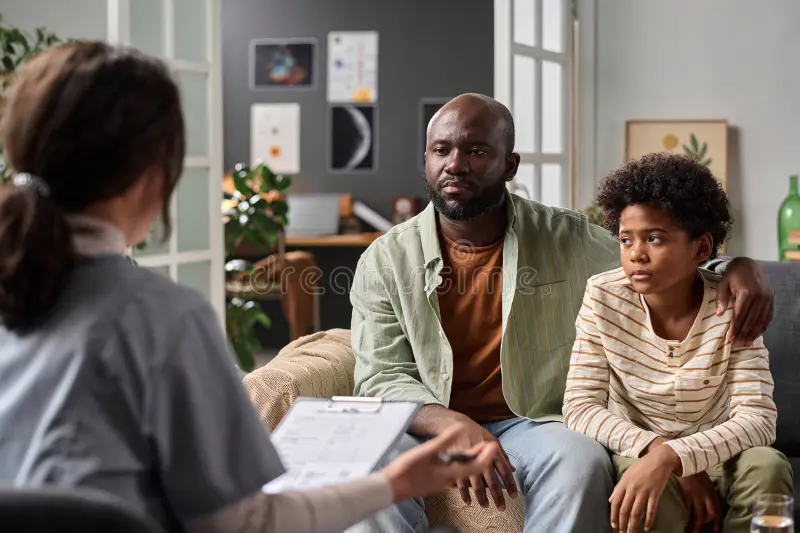24/7 Helpline:
(866) 899-221924/7 Helpline:
(866) 899-2219
Learn more about Eating Disorder Treatment centers in Okeechobee

Other Insurance Options

BHS | Behavioral Health Systems

PHCS Network

Ambetter

GEHA

CareFirst

AllWell

Group Health Incorporated

Access to Recovery (ATR) Voucher

Aetna

Magellan Health

Cigna

Holman Group

Choice Care Network

BlueShield

Carleon

American Behavioral

Health Partners

Health Choice

United Health Care

Optum

Detox of South Florida
Detox of South Florida is a substance abuse treatment center located in Okeechobee, FL. They focus o...

New Horizons of the Treasure Coast
New Horizons of the Treasure Coast - Southwest Second Avenue offers outpatient treatment for individ...

Faith Farm Ministries
Faith Farm Ministries is a faith based recovery facility in Okeechobee, Florida. They employ a self ...

Breakthrough Recovery Services
Breakthrough Recovery Services is a private rehab located in Okeechobee, Florida. Breakthrough Recov...

Suncoast Mental Health Center – Okeechobee
Suncoast Mental Health Center – Okeechobee is a private rehab located in Okeechobee, Florida. Suncoa...



